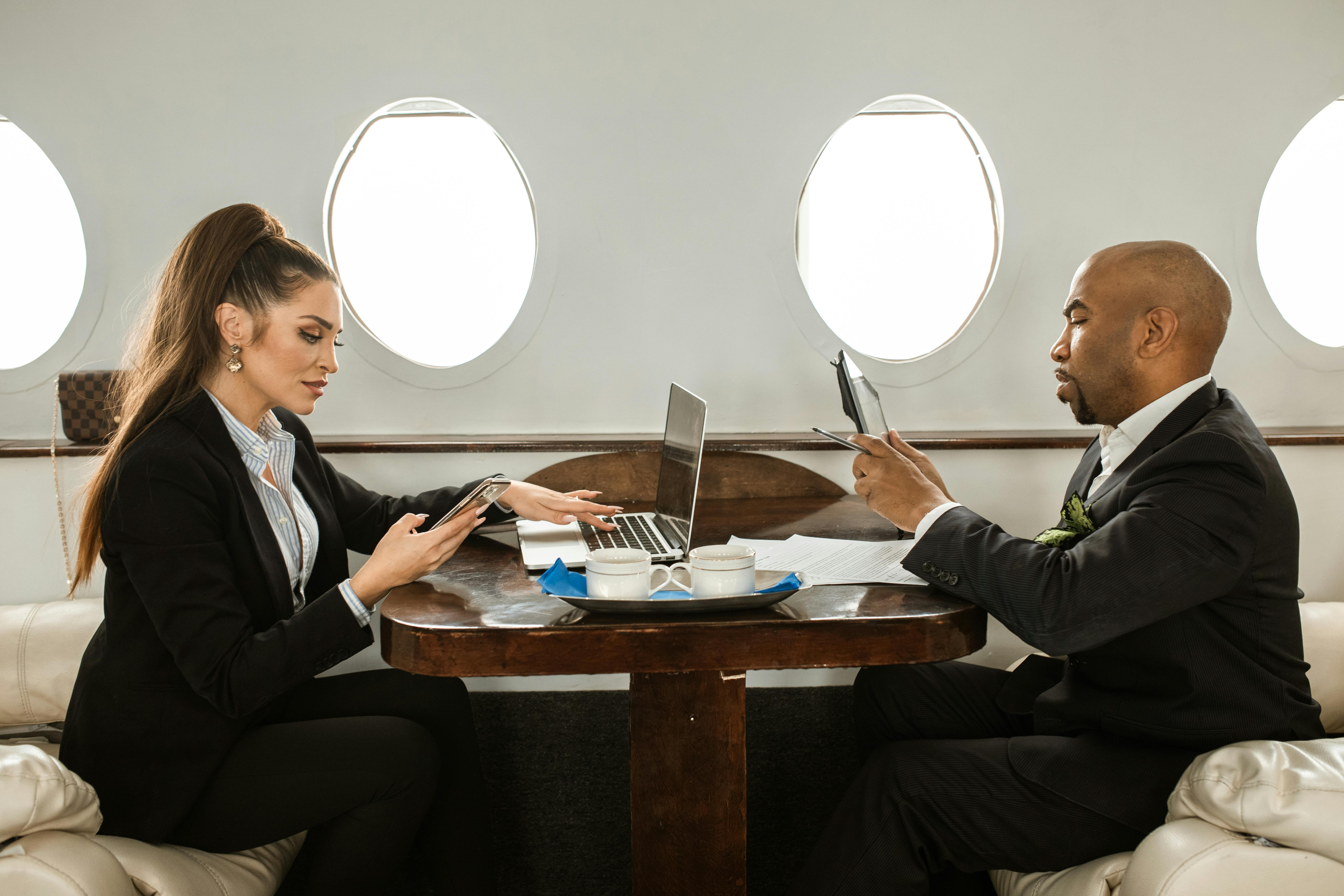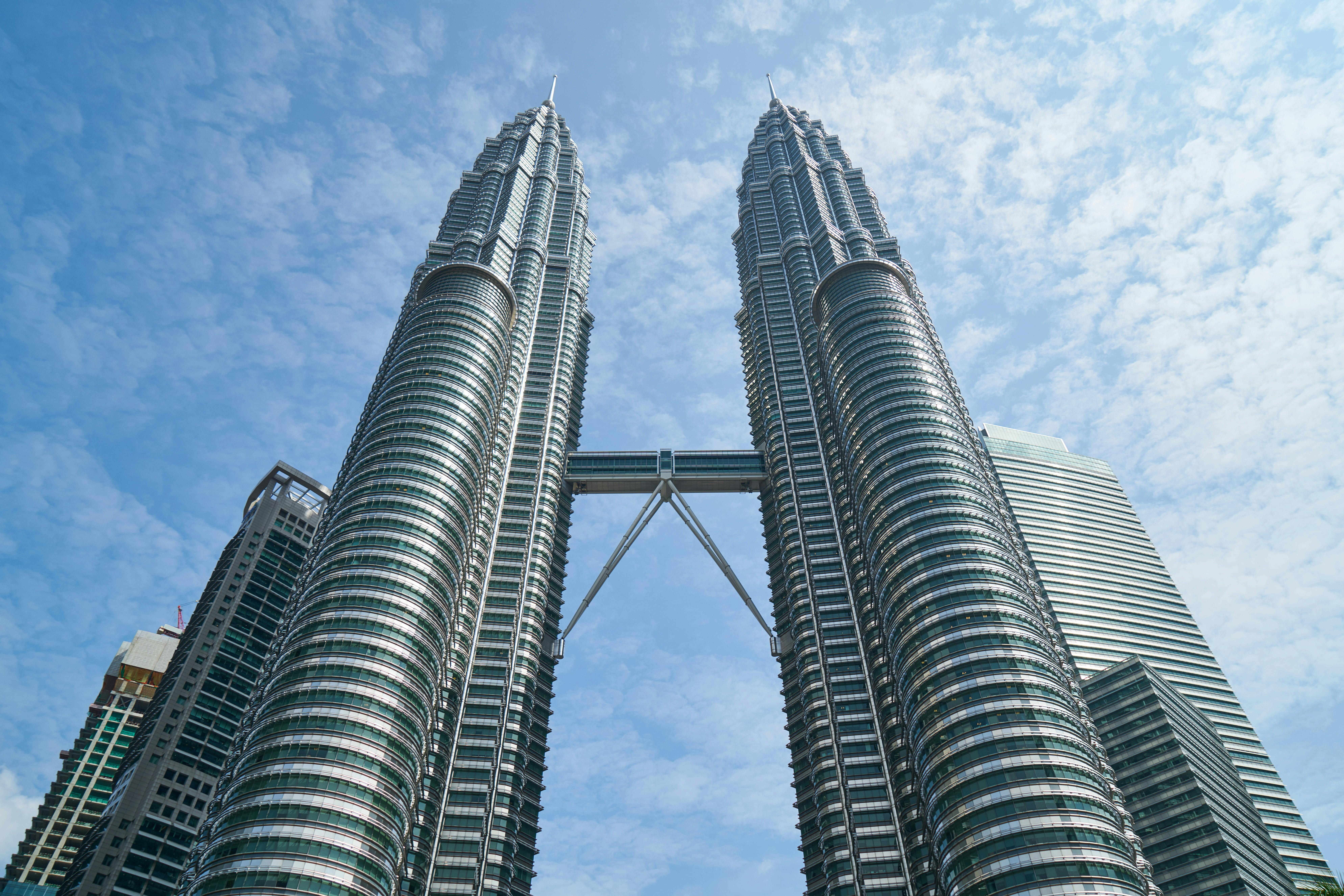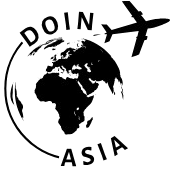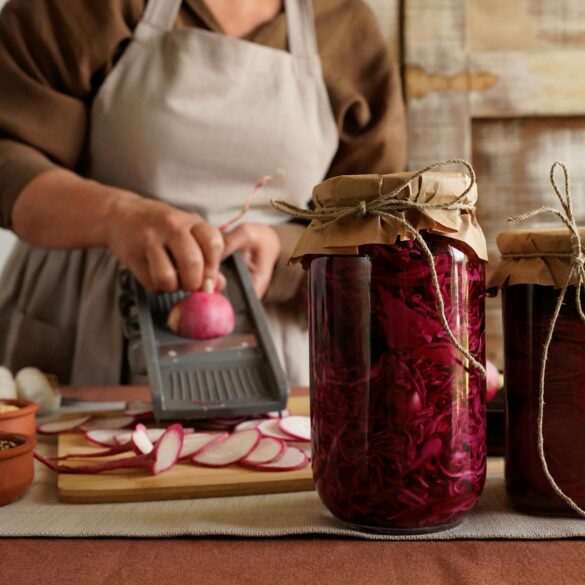Malaysia Business Travel: 8 Proven Strategies for Productive, Comfortable Teams
Let’s get right into it. Over the past fifteen years, I’ve seen business travel evolve from tedious obligation to a strategic advantage, especially in countries like Malaysia, where culture, infrastructure, and hospitality truly shape the professional experience. Funny thing is, so many teams still treat business trips as mere logistics—flight, hotel, badge—and then wonder why their ROI looks more like a write-off than a win. What really strikes me is how the best-performing companies treat business travel as an operational opportunity, not just an expense. Take it from someone who’s organized more than a hundred team junkets from Kuala Lumpur to Penang: With Malaysia’s travel ecosystem, you can dial up productivity and comfort in ways that most corporate playbooks miss entirely.
So, if you’ve ever found yourself muddling through a mediocre travel itinerary or waking up jet-lagged only to face a full schedule and a dissatisfied team, this deep-dive is for you. Whether you’re a project manager prepping for quarterly meetings, an HR pro wrangling expense spreadsheets, or a leader tasked with keeping morale high, the real question is: How do you make business travel boost outcomes—while keeping teams genuinely comfortable and engaged?
Malaysia’s Business Travel Ecosystem: Why It’s Different
Honestly, Malaysia is hands-down one of the most adaptable business destinations in Southeast Asia—if not the world. Just last quarter, our global team landed in KL and, within 12 hours, we were running productive sessions in the heart of the city, completely jet-lag free. Why? Malaysia’s infrastructure, world-class hospitality, and strategic government investment create a business travel environment that’s practically designed to maximize comfort and outcomes1. There’s a “hospitality first” ethos in both major urban centers and regional hotspots. Whether you’re booking a five-star hotel in Kuala Lumpur or a local business suite in George Town, the quality, accessibility, and tech amenities are—by and large—a real cut above.
Infrastructure & Urban Mobility
Malaysia’s corporate travel scene is anchored by rapid access to high-speed trains, rideshare apps (Grab is practically a way of life there), and sophisticated meeting spaces. When arranging site visits or multi-city team journeys, what makes a difference is the predictable schedule and clean, safe public transit system. As someone who’s dealt with nightmare traffic delays in other countries, I can’t understate what a relief it is to have real-time route options, contactless payment systems, and tech-integrated hotel shuttles ready to go.3
Productivity-First Journey Planning
Ever found yourself in transit limbo, watching productivity evaporate? Malaysia’s top-performing companies have cracked the code with structured itineraries, buffer zones, and smart booking decisions. Three years ago, I learned (the hard way) that stacking meetings right after arrival is a rookie mistake. Locals schedule “soft” start times—allowing decompression, quick wellness check-ins, and Wi-Fi testing. This lets teams settle, regroup, and actually hit the ground running.
- Plan meetings at least 24 hours after major arrival for international teams.
- Leverage hotel business centers for quick document touch-ups and virtual meetings.
- Use Grab for the last-mile transit from hotels to event spaces—budget, track, and prebook.
According to travel research from the Malaysian Productivity Corporation, teams that intentionally schedule regrouping periods before major events increase memory retention and engagement by 45%.5
I remember back in 2019, scheduling back-to-back sessions from sunrise to sunset. Never again. What teams really want—especially in Malaysia’s climate—is pacing, comfort, and time to connect outside of formal settings. Turns out, more isn’t more.
Maximizing Comfort & Wellbeing for Teams
Let’s step back and talk about something that’s often overlooked: comfort isn’t a luxury, it’s a productivity multiplier. In Malaysia, hotels, conference centers, and transport providers build comfort into the business experience. For instance, eco-friendly hotels with pillow menus and blackout blinds aren’t just marketing talk—they actually make a difference when teammates are recovering from jet lag and preparing for a key pitch.6
- Sleep: Choose business hotels with soundproof rooms and “late riser” options for check-out.
- Nutrition: Opt for hotels/restaurants with halal/kosher/vegetarian meal plans—Malaysia’s multicultural cuisine accommodates digestions and beliefs.7
- Wellness: Take advantage of on-site gyms, spas, and even rooftop yoga sessions for team-building and decompression.
- Local transport: Know that rideshare fleets (Grab, MyCar) offer reliable A/C, helpful drivers, and safe navigation—critical in the Malaysian heat.
The Psychological Impact of Comfort
According to recent psychological studies, teams traveling in unfamiliar environments—especially across borders—experience a 35% increase in cognitive fatigue and emotional stress when comfort isn’t prioritized.8 What’s bonkers is how quickly things improve when basic comfort factors are handled up front. I remember a project lead who implemented a “wellness kit” prototype (hydration packs, local snacks, aromatherapy). In a post-trip survey, his team reported near-total satisfaction with both productivity and morale.
| Comfort Feature | Impact on Productivity | Team Satisfaction Rate | Notes |
|---|---|---|---|
| On-Demand Laundry | Reduces stress | 92% | Boosts punctuality |
| Blackout Blinds | Improves sleep | 89% | Fights jet lag |
| Flexible Meal Times | Supports late/early meetings | 83% | Accommodates all schedules |
| Wellness Kit | Increases energy | 97% | Builds rapport |
Local Insider Secrets & Cultural Insights
This is where I get passionate. The more time I spend working with Malaysian teams, the more I realise that you can’t just “import” standard travel strategies. Fact is, local culture—especially the customs around hospitality and timing—makes or breaks the journey. You need to know when Ramadan, Chinese New Year, or Deepavali falls, and how those impact available resources, meal timings, and travel plans.9
- Greet with respect: Use “Salam” in Muslim-majority areas, and “hello” or “ni hao” for Chinese business environments.
- Dress codes: Conference centers generally operate “business casual,” but local meetings sometimes expect formal dress. Ask before you pack.
- Timing: Don’t schedule morning or evening meetings during Ramadan. Allow longer lunches during festival periods.
Let that sink in for a moment—respecting cultural timing isn’t just polite, it’s crucial to ensuring meetings actually happen. I recall getting blindsided by a Sudden holiday closure in Penang. Lesson learned: always, always check the local calendar.
— Jasmine Teh, Head of Corporate Affairs, Malaysian Chamber of Commerce
Oh, and don’t forget the small things: Always have at least one local sim card for emergency connectivity. Sometimes, those minor tech hitches are the difference between an awkward delay and a smooth save. I lean toward Maxis or Digi, since both offer cost-effective data with city and rural coverage.10

Seasonal Timing & Sustainable Travel
Moving on, let’s address Malaysia’s seasonal climate—a detail too many international teams overlook. Monsoon months (roughly November to February) mean heavier rains, possible transit delays, and reduced outdoor options11. Sound familiar? This is where strategic scheduling is game-changing. Teams who travel in shoulder months (March-April, September-October) enjoy lower costs, better weather, and higher hotel availability.
- Check weather forecasts up to 2 weeks in advance and plan indoor contingencies.
- Consider shifting major meetings to early mornings or after sunset for cooler temps.
- Book hotels with certified sustainability ratings to reduce your team’s environmental impact.12
Sustainability by Design
I’ll be completely honest: I used to ignore sustainability because it felt like extra work. But the more clients demanded carbon accounting and green credentials, the more it became non-negotiable. Now, most teams I work with prioritize hotels that offer energy-efficient lighting, low-water laundry, and eco-amenities such as reusable bottles. The result? Fewer complaints, more company goodwill, and surprisingly easy implementation.14
| Eco Feature | Expense Impact | Team Satisfaction (%) | Sustainability Score |
|---|---|---|---|
| Solar Energy | -10% | 89 | Excellent |
| Low-Water Laundry | -8% | 92 | Very Good |
| Zero Plastic Policy | Neutral | 93 | Outstanding |
Accessibility & Inclusion: Future-Proofing Corporate Travel
Let me clarify—accessibility isn’t just about ramps and elevators, it’s about equitable access to opportunity. Malaysia, in my experience, stands out for its inclusive travel design. By law, public transport systems, hotels, and conference venues must provide wheelchair access, tactile walkways, and visual signage.15 But here’s the thing though: actual inclusion goes further. Top-tier venues offer sign language support, adaptable furniture, and staff trained in cultural sensitivity.
- Confirm venue accessibility with hotel managers and conference organizers before booking.
- Request inclusive menus that accommodate food allergies and religious dietary restrictions.
- Include mobile apps for navigation and real-time assistance (many venues use WhatsApp or proprietary apps for support).
Previously, I made the mistake of assuming standard accessibility meant adequate comfort. After a colleague needed special dietary accommodations, I learned the hard way to ask early and verify twice. The jury’s still out for me on whether all venues are perfect, but by and large, Malaysia provides top-level inclusion for corporate travelers.16
Practical Tools, Technology & Resources for Seamless Journeys
I know, I know—everyone promises “tech that transforms travel.” But here’s my ground-level truth: Malaysia’s business travel scene is quietly packed with pragmatic apps, tools, and support services that actually work. Teams that rely on Grab (for rides), Traveloka (for hotels/flights), and AirAsia’s BizConnect get up-to-the-minute alerts, flexible booking, and reliable expense management.17
- Grab: Local rideshare app for city transfers and meal delivery.
- Traveloka: Flexible hotel/flight bookings with great corporate support.
- BizConnect: AirAsia’s business travel dashboard for flight management and reporting.
- Maxis & Digi: Local SIM cards for fast, affordable connectivity nationwide.
Schema Markup for Travel Managers
While I won’t dive into technical SEO, travel managers should know that Malaysia’s ecosystem is friendly to structured data integration. This means your bookings, hotel arrangements, and conference plans feed directly into expense dashboards, schedule notifications, and itinerary tracking. I remember a moment, just last year, when real-time expense alerts prevented a team from going over budget—saving both money and stress.
Conclusion: The Future of Productive, Comfortable Business Travel in Malaysia
Let’s wrap up. Malaysia’s business travel ecosystem is as dynamic as it is welcoming. For companies and teams looking to maximize productivity and comfort, it’s not just about picking the right hotels or transport options—it’s about orchestrating every aspect of the journey: timing, wellbeing, sustainability, cultural insight, and inclusion. In my experience, the teams most likely to thrive are those who embrace local best practices, anticipate the unplanned, and invest in the “extra” comfort that pays off in happy, productive employees.
Looking ahead, I genuinely believe Malaysia’s model will play a key role in shaping Southeast Asia’s business travel industry. It’s already setting standards for green travel, digitally integrated logistics, and next-level hospitality. And as remote and hybrid work shifts become more common post-pandemic, the ability to create travel experiences that are productive, comfortable, and sustainable will be more important than ever.
- Download this guide and share internally among decision-makers.
- Identify upcoming travel periods—avoid monsoon months, leverage shoulder seasons.
- Audit your existing travel vendors for comfort, sustainability, and inclusion.
- Schedule “buffer days” for team arrival and decompression.
- Request accessibility and dietary accommodations up front.
References



